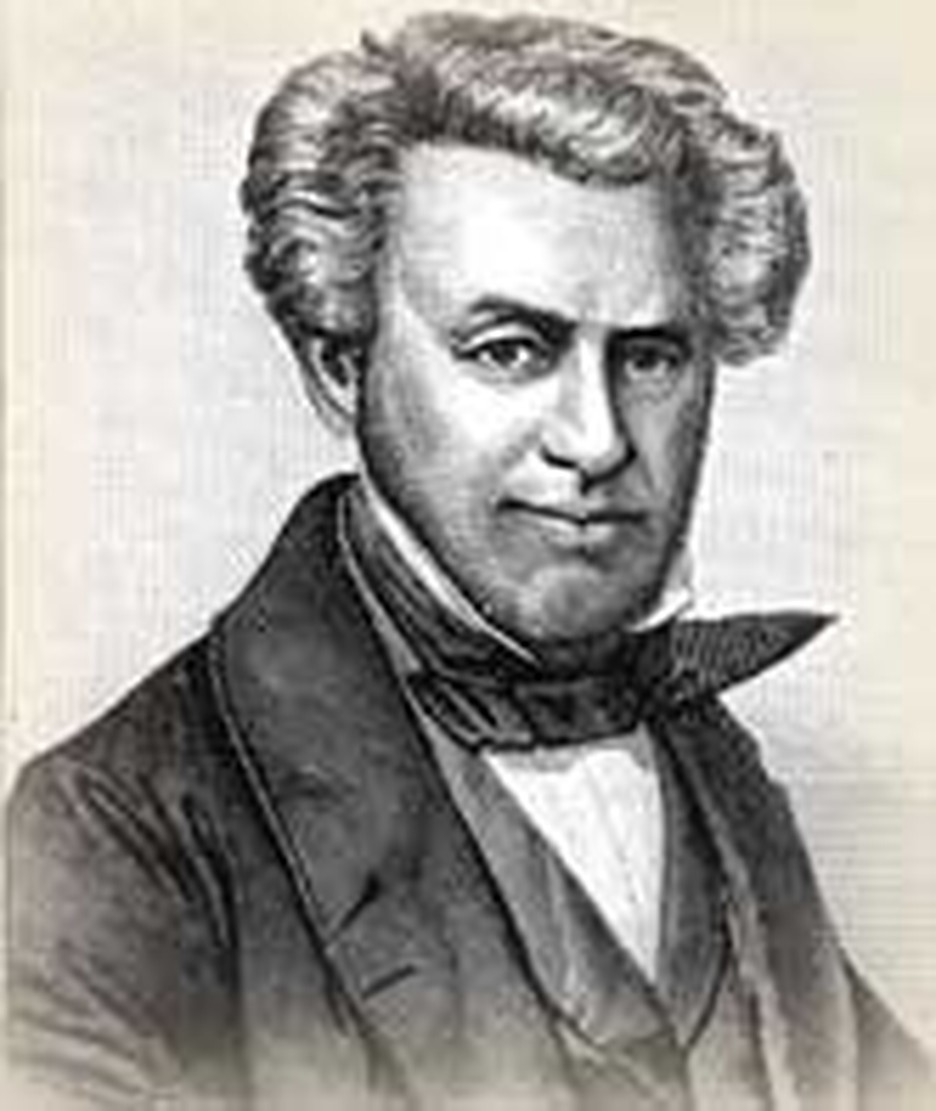
"Baptists are particularly dangerous," noted a Russian newspaper in 1972. "Every Russian Baptist tries to win adherents to his faith." Indeed there was some truth to this, for Johann Gerhardt Oncken, one of the first German Baptists, taught that "every Baptist is a missionary" and it was through the testimony of German artisans sent by Oncken to Russia that the Baptist faith took hold in that nation. However, the real growth of Baptists in Russia came after World War I. Russian prisoners were taught by German missionaries and returned home to convert others. By 1950 there were an estimated 2,000,000 Russian Baptists. The largest proportion were in the Ukraine. The communists forced all evangelicals into a single union, the AUCECB.
Nikita Krushchev launched a major crackdown, accompanied by heavy propaganda, against all churches, especially the Baptists. This lasted from 1959-1964. The Communists urged that baptism be discouraged, that young people no longer be taught religion, and that ministers no longer try to win new converts but merely maintain the congregations they already had. When Metropolitan Nikolai of the Orthodox Church died, the leadership of the Evangelical-Baptist union began to give ground to the government. Nikolai had strengthened them by resisting Soviet demands; his death looked like murder.
Many Baptists were unwilling to capitulate. The held to their convictions that faith cannot be compromised and the gospel must be preached to others. In 1961 Baptists leaders formed a committee which challenged the union leadership. They called for sanctification of the church and urged local churches to discipline leaders who cooperated with the state. These Reform Baptists were largely descendants of the original Oncken Baptists. Their brave leader, A. F. Prokofiev, soon found himself in prison with 100 other evangelical leaders. Georgi Vins, who had worked beside him, stepped into the breach. A number of women formed a Council of Prisoner's Relatives to make the world aware of the plight of their godly men.
On this date, September 18, 1965, the Baptists broke from their forced union with other evangelicals, forming their own organization, the CCECB--the Council of Churches of Evangelical Believers, Baptists. Georgi Vins was secretary.
Vins had no illusions about what it would cost him to take this stand. His father had been imprisoned and beaten before him. Vins was forced underground in 1970. Captured in 1974, he faced the same treatment as his father. Eventually a letter campaign won his release to the United States.
By their tough stand, Baptists forced concessions from the Soviet government. Much of the Krushchev legislation was rescinded. Restrictions were lifted from the AUCECB but left on the CCECB as the government tried to force the Baptist churches back into the all-faiths union.
Bibliography:
- Armitage, Thomas. A History of the Baptists; traced by their principles and practices, from the time of our Lord and Saviour Jesus Christ to the present. New York: Bryan, Taylor and co., 1893.
- McBeth, Leon. The Baptist Heritage. Nashville: Broadman Press, 1987
- Brandenburg, Hans. The Meek and the Mighty; the emergence of the Evangelical movement in Russia. New York: Oxford University Press, 1977.
- Ramet, Sabrina Petra, editor. Religious Policy in the Soviet Union. Cambridge [England]; New York : Cambridge University Press, 1993.
- "Baptists." Encyclopedia Americana. Chicago: American Corp., 1956.
Last updated April, 2007.



